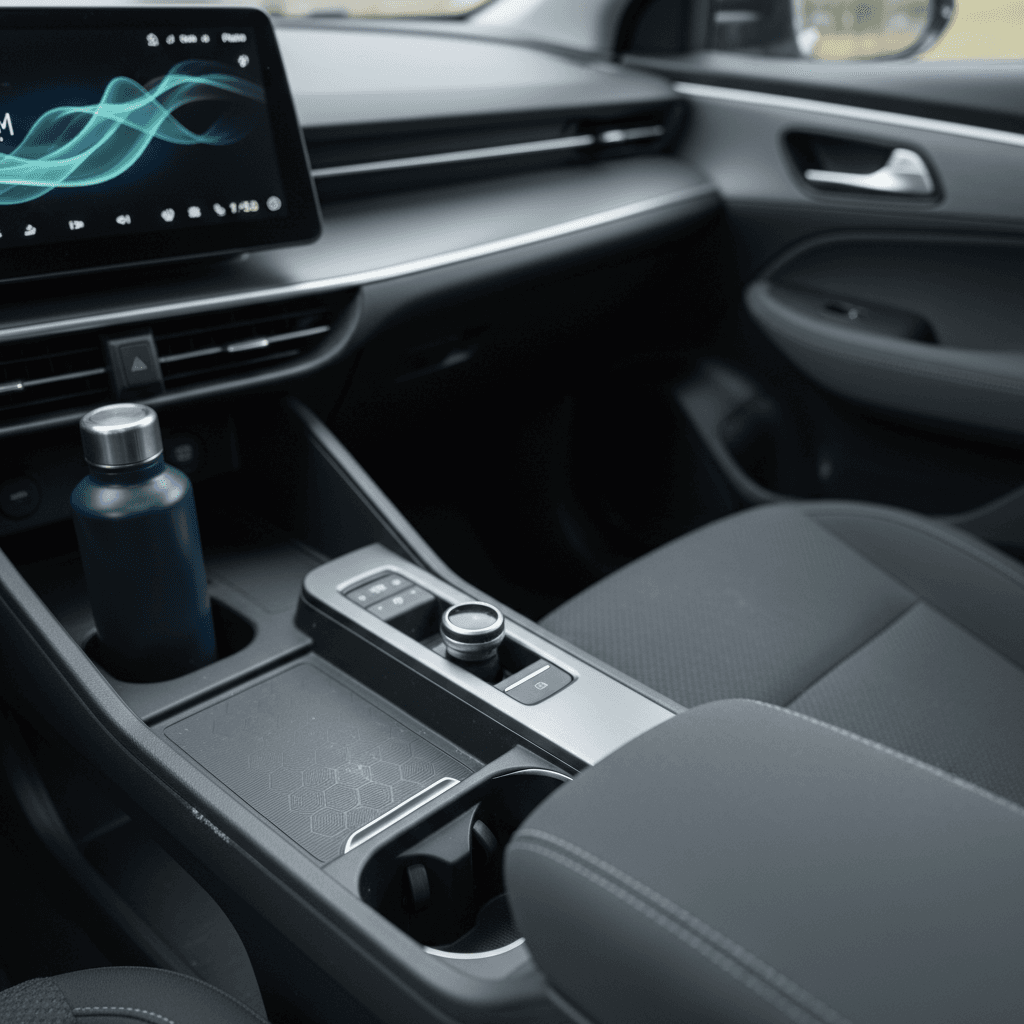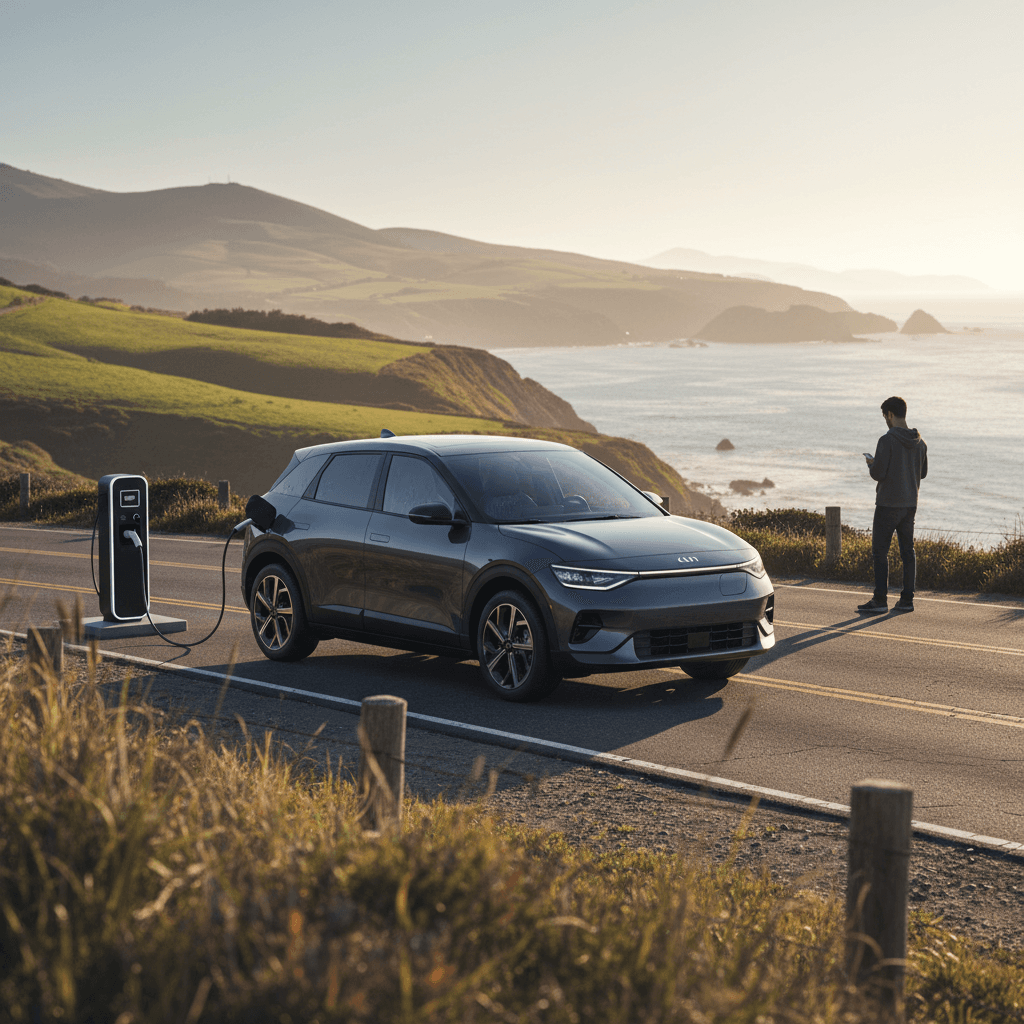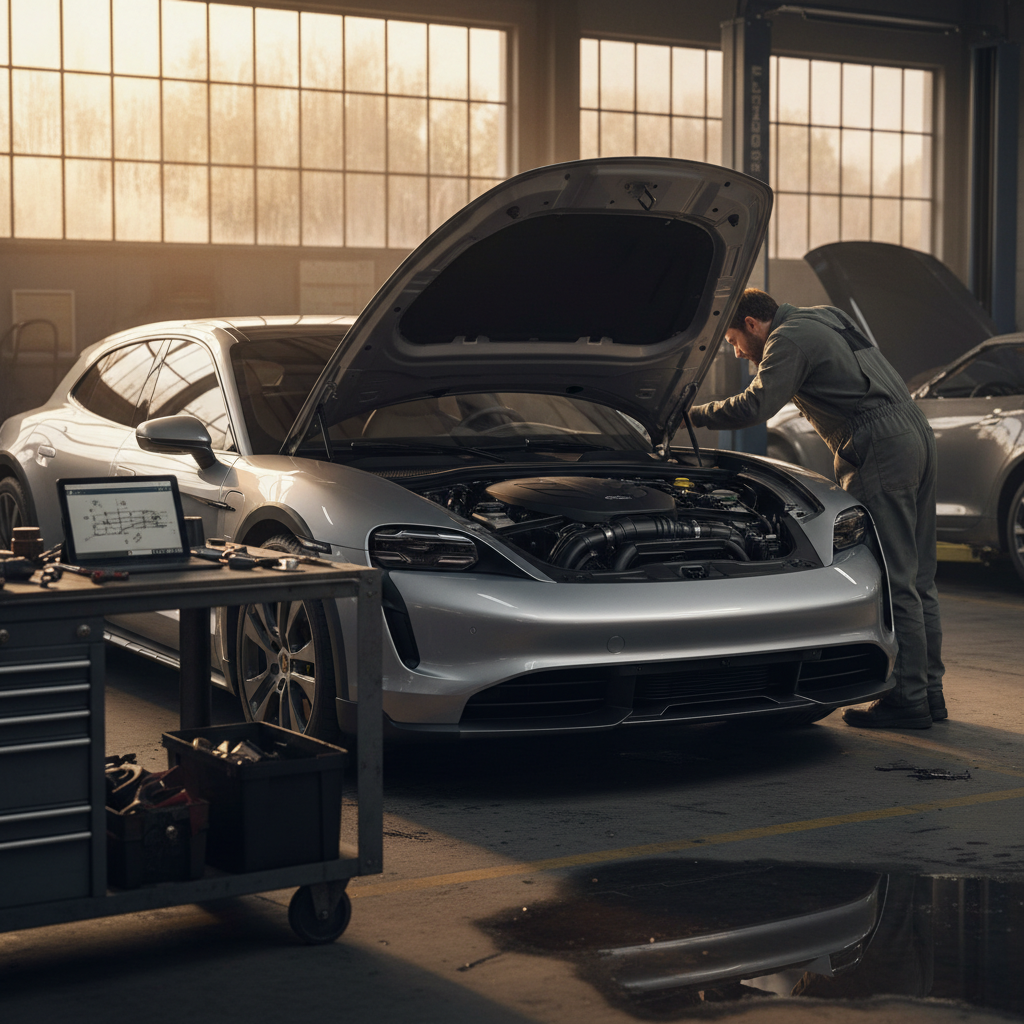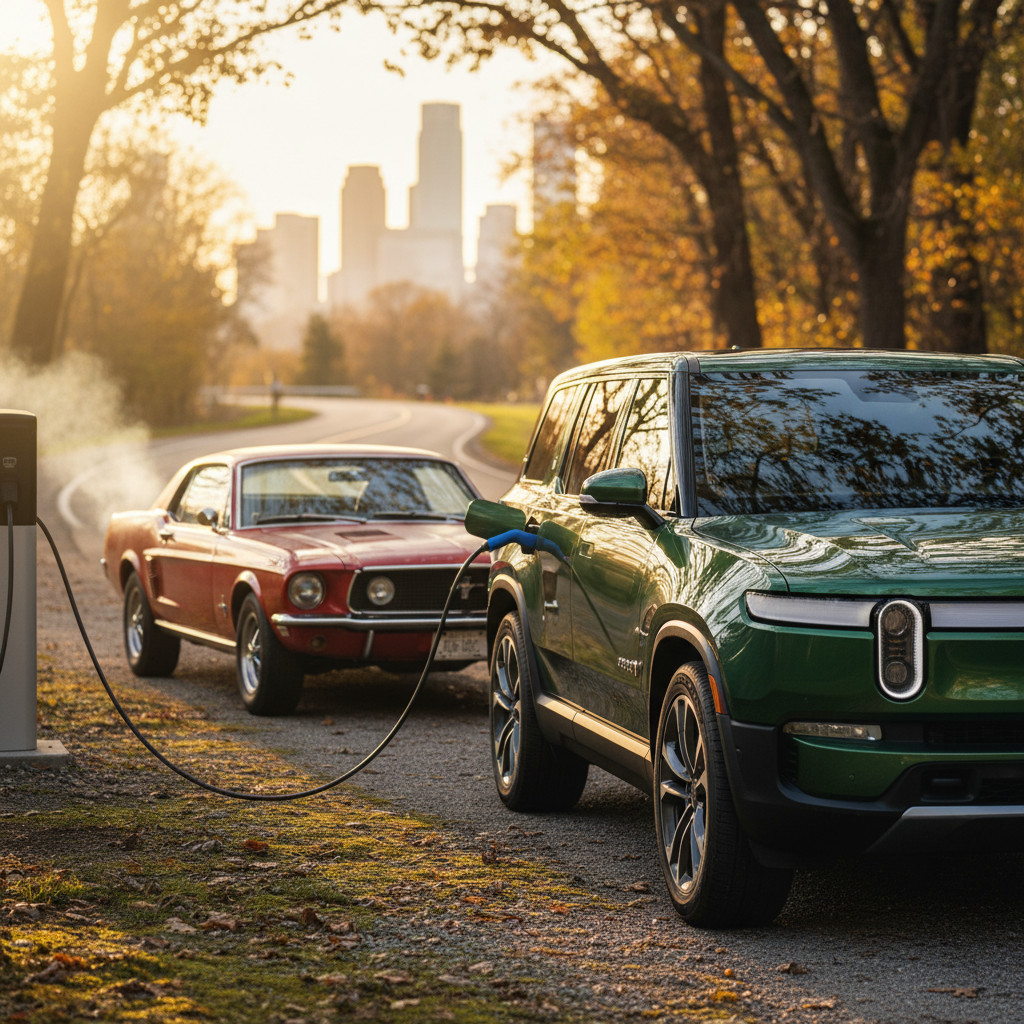If you’re searching for the best MPG vehicles used, you’re probably trying to thread a tough needle: lower fuel bills without taking on a brand‑new car payment. The good news is that today’s high‑efficiency gas cars, hybrids, and plug‑in hybrids deliver fuel economy that would have been science fiction a decade ago, especially when you buy them used. The even better news: depending on your driving, a used electric vehicle can beat them on total cost while taking gas stations out of your life almost entirely.
Quick context
Why MPG Still Matters in 2025
Gas prices may swing up and down, but one thing doesn’t change: every extra mile per gallon you squeeze out of your car saves money on every single commute, errand run, and road trip. Even as EV adoption grows, a huge share of used‑car shoppers still prioritize fuel economy over performance or luxury. And with many households now running one EV and one gasoline or hybrid vehicle, that second car often needs to be a high‑MPG workhorse that can handle long trips with minimal fuel stops.
How Much MPG Really Changes Your Costs
How to think about MPG
MPG Basics: What the Numbers Really Mean
City, highway, and combined
On the window sticker you’ll see three numbers:
- City MPG – stop‑and‑go driving
- Highway MPG – steady‑speed cruising
- Combined MPG – a mix of both (what you should compare across cars)
Hybrids tend to shine in the city. Small gas cars often close the gap on the highway.
MPG vs MPGe vs kWh/100 mi
Once you cross into plug‑in territory, the alphabet soup starts:
- MPGe – miles per gallon equivalent for electricity, used for EVs and PHEVs
- Hybrid MPG – still just gallons in vs miles out, but boosted by electric assist
- kWh/100 mi – how much electricity a pure EV uses
(lower is better)
If you’re simply shopping for the best MPG vehicles used, you can treat MPGe the same way you would MPG: bigger number, better efficiency.

Best MPG Used Gas Cars (Non‑Hybrids)
You don’t have to go hybrid to get strong fuel economy. If you want a simpler powertrain, lower maintenance complexity, and plenty of choices on the used lot, a high‑MPG gas car can be the sweet spot. Here are standouts that regularly deliver mid‑30s to high‑30s mpg combined in the real world.
High‑MPG Used Gas Cars to Target
Great picks if you want efficiency without hybrid complexity
Mitsubishi Mirage
Why it’s here: One of the few non‑hybrids rated around the high‑30s mpg combined, especially in earlier model years.
- Excellent city mileage
- Simple three‑cylinder engine
- Best for short commutes, not highway blasting
Honda Civic (sedan, 2016+)
The Civic has been a go‑to for smart fuel economy for decades. Properly equipped trims can approach mid‑30s mpg combined while still feeling refined.
- Roomy enough for a small family
- Long‑term reliability track record
- Plenty of used inventory
Hyundai Elantra & Toyota Corolla
These compact sedans are heroes on fuel economy, with many trims in the mid‑30s mpg combined range and highway ratings bumping into the low 40s.
- Low running costs
- Good safety tech in newer years
- Easy to find as off‑lease cars
Beware of over‑gearing for MPG
Best MPG Used Hybrids and Plug‑In Hybrids
If your goal is to minimize fuel stops while keeping the flexibility of gasoline, used hybrids and plug‑in hybrids are where the magic happens. For many shoppers, these are the true best MPG vehicles used because they pair exceptional efficiency with nationwide fueling access.
High‑MPG Used Hybrids & Plug‑In Hybrids to Consider
EPA combined figures will vary slightly by model year and trim, but these nameplates are consistently near the top of the mpg charts.
| Model | Type | Typical Combined Rating | Best Use Case | Why It’s a Smart Used Buy |
|---|---|---|---|---|
| Toyota Prius (Gen 3–5) | Hybrid | 48–57 mpg | Heavy commuters, ride‑share | Legendary reliability, huge parts availability, easy to service. |
| Toyota Corolla Hybrid | Hybrid | 48–50 mpg | Commuters who want a normal sedan | Feels like a regular compact car, but with Prius‑like mpg. |
| Honda Insight (2019+) | Hybrid | 48–52 mpg | Upscale commuter | Civic‑based, refined interior, strong real‑world economy. |
| Hyundai Ioniq Hybrid (pre‑EV Ioniq) | Hybrid | 50+ mpg | Max MPG hunters | One of the highest‑rated non‑plug‑in hybrids for efficiency. |
| Toyota RAV4 Hybrid | Hybrid SUV | 38–40 mpg | Small families, light road trips | All‑wheel drive capability with economy close to compact sedans. |
| Ford Escape Hybrid | Hybrid SUV | 37–40 mpg | Suburban families | Flexible cargo area and strong highway mpg for a crossover. |
| Chevrolet Volt (2016–2019) | Plug‑in hybrid | ~42 mpg gas / 100+ MPGe electric | Mixed commutes, apartment dwellers | Often covers daily driving on electricity with gas backup for long trips. |
| Toyota Prius Prime | Plug‑in hybrid | ~54 mpg gas / 90+ MPGe electric | Short commutes with occasional road trips | Can act like an EV for around‑town use and a hybrid on the highway. |
All MPG and MPGe figures are approximate combined ratings to help you compare options.
Why these hybrids make sense used
Used Hybrid vs Used EV: Which Actually Saves More?
Here’s the twist: if you have a place to plug in, a used EV can beat even the best MPG used vehicles on total cost. Electricity is typically cheaper per mile than gasoline, and EVs have fewer moving parts and less routine maintenance. But hybrids still win in a few important scenarios.
When a used hybrid is the smarter bet
- No home charging – You live in a dense urban area or an apartment with no guaranteed outlet.
- Frequent long trips – You regularly drive into rural areas with sparse public charging.
- Cold‑weather flexibility – Extreme winter climates can temporarily shorten EV range; hybrids are less sensitive.
- Rock‑bottom purchase price – Older Prius, Civic Hybrid, or Corolla Hybrid examples may undercut comparable EVs.
When a used EV from Recharged wins
- You can charge at home or work – Even a standard outlet can cover many commuters’ daily needs.
- Short to medium daily mileage – If you drive under 60–80 miles a day, a modest‑range EV works beautifully.
- Maintenance matters – No oil changes, fewer fluids, and fewer wear items.
- Predictable costs – Electricity prices fluctuate less dramatically than gasoline.
At Recharged, every used EV comes with a Recharged Score Report, including verified battery health and fair‑market pricing, so you can compare it directly against a high‑MPG hybrid with real numbers, not guesses.

How to Shop Smart for a High‑MPG Used Car
Pre‑Purchase Checklist for Best‑MPG Used Cars
1. Look beyond the headline MPG
Check the <strong>combined</strong> rating and make sure it matches how you drive. If you’re mostly on the highway, prioritize strong highway mpg; if you’re a city dweller, hybrids can be dramatically more efficient.
2. Check tire type and condition
Low‑rolling‑resistance tires can add several mpg, but worn or mismatched tires can hurt efficiency and safety. Budget for a fresh set if the current ones are near the wear bars.
3. Scan for modified or neglected cars
Giant wheels, roof racks, and aftermarket accessories can all drag down fuel economy. Under‑maintained engines or transmissions can too. A clean, unmodified car with records is usually the safest bet.
4. Test drive the way you actually drive
On your drive, include a cold start, some stop‑and‑go, highway cruising, and a couple of hard merges. Listen for unusual noises and watch how the transmission behaves at steady speeds.
5. For hybrids, insist on a battery health check
Hybrid batteries can be expensive. Some dealers and independent shops can run <strong>state‑of‑health scans</strong>. If you’re considering a used EV, Recharged’s <strong>Score battery health diagnostics</strong> gives you this data up front.
6. Run the numbers on fuel and financing
Estimate your annual miles and fuel cost using different MPG scenarios, then layer in insurance, maintenance, and financing. A slightly higher purchase price with far better mpg often wins over 3–5 years.
Don’t skip the pre‑purchase inspection
Financing and Total Cost with Recharged
When you’re comparing a high‑MPG used gas car or hybrid against a used EV, the monthly payment and fuel bill have to be viewed together. A slightly higher payment on a vehicle that slashes your fuel and maintenance costs can easily come out ahead.
How Recharged Helps You Compare Real Costs
Tools and services designed for modern EV and high‑efficiency buyers
Transparent financing options
Recharged offers financing tailored to used EVs, with clear terms and no mystery fees. You can shop, apply, and finalize your purchase fully online, then have your vehicle delivered nationwide.
Because your fuel and maintenance costs are lower in a used EV, you may be able to comfortably handle a slightly higher monthly payment than you would on a traditional car.
Battery health & fair pricing
Every EV on Recharged comes with a Recharged Score Report, which includes verified battery health, fair‑market pricing, and an easy‑to‑digest overview of the vehicle’s condition.
That gives you apples‑to‑apples data when you compare a high‑MPG hybrid at a local lot to a used EV from Recharged that might actually cost less to own over the long haul.
Frequently Asked Questions: Best MPG Used Cars
Frequently Asked Questions
Bottom Line: When to Choose MPG, When to Go EV
If you want to spend less at the pump without breaking your budget, the best MPG vehicles used fall into two camps. On one side are efficient compacts and rock‑solid hybrids from brands like Toyota, Honda, and Hyundai that can routinely double the fuel economy of a typical crossover. On the other are used EVs, which replace fuel stops with low‑cost electricity and minimal maintenance.
The right answer for you depends on where you live, how far you drive, and whether you can plug in. If gas‑station flexibility still matters most, an efficient used hybrid or compact sedan is a smart, proven choice. If you’re ready to cut your fuel bill dramatically and enjoy quieter, smoother driving, it’s worth comparing those options to a used EV from Recharged. With nationwide delivery, expert EV‑specialist support, and detailed battery health reports, you can line up all three on the same spreadsheet and let the numbers, and your lifestyle, decide.



